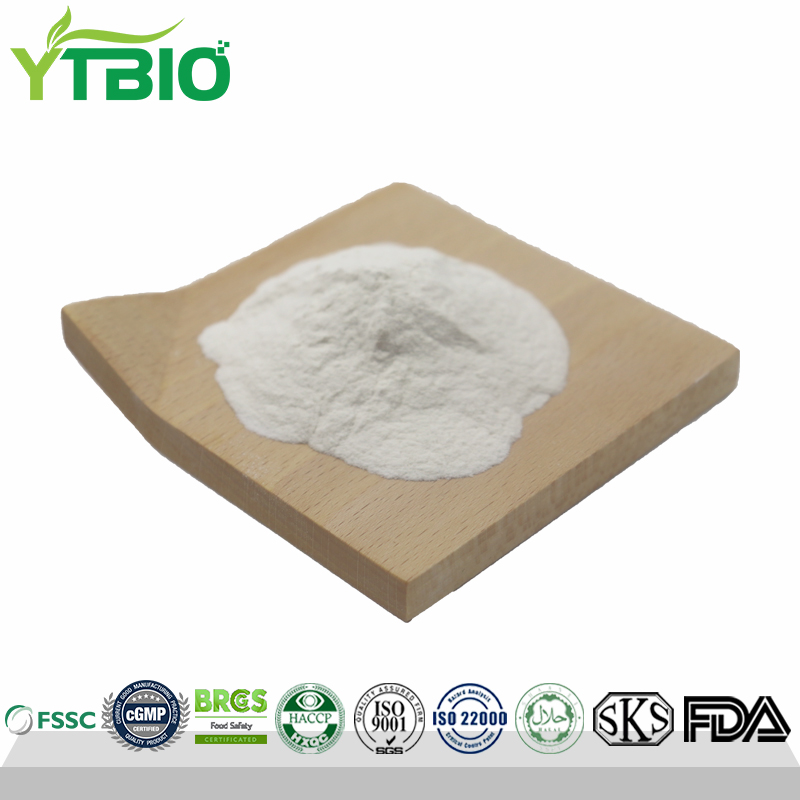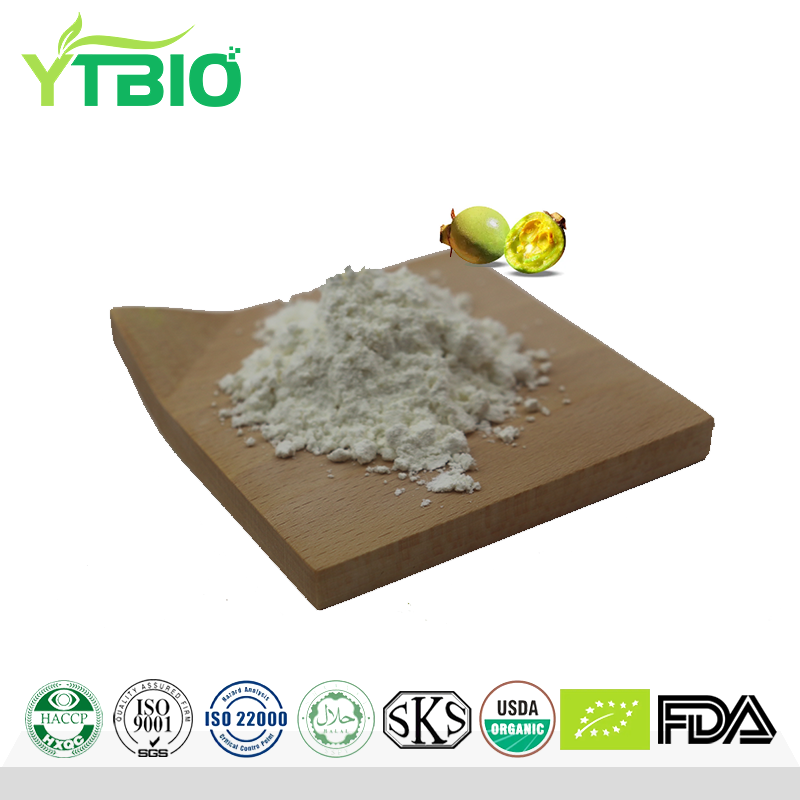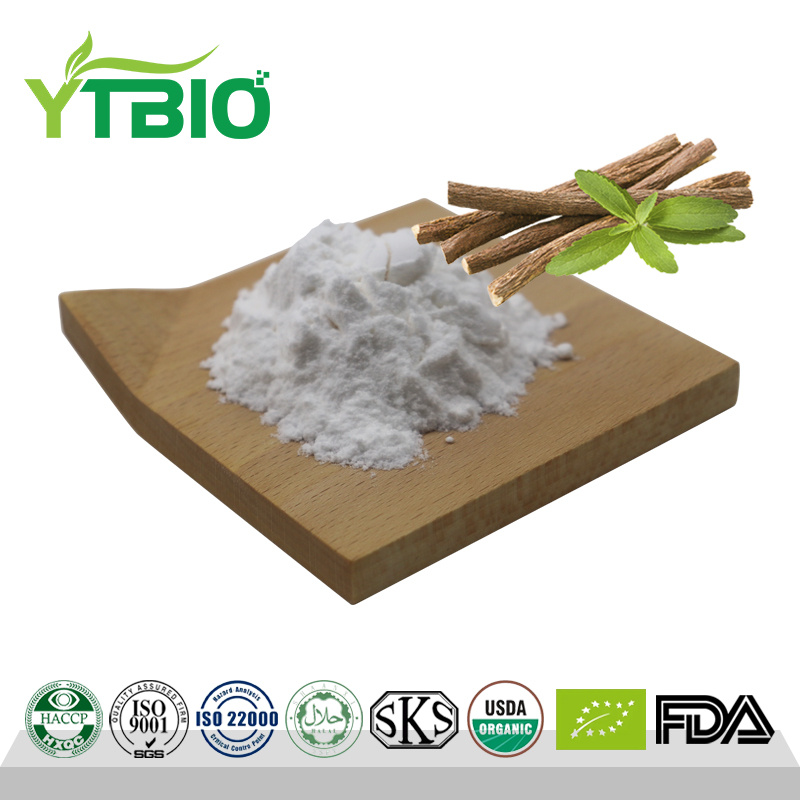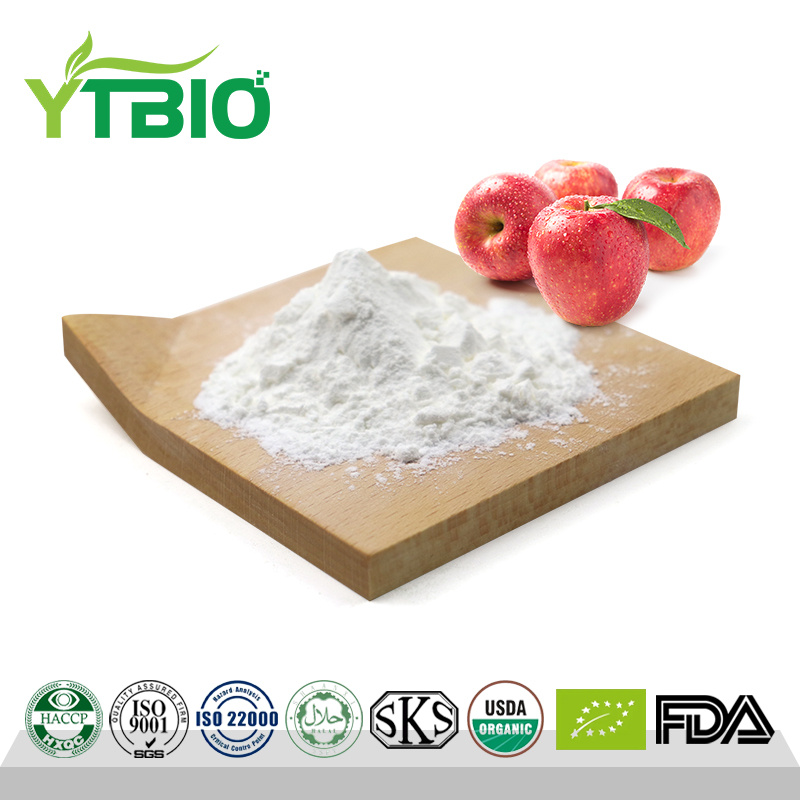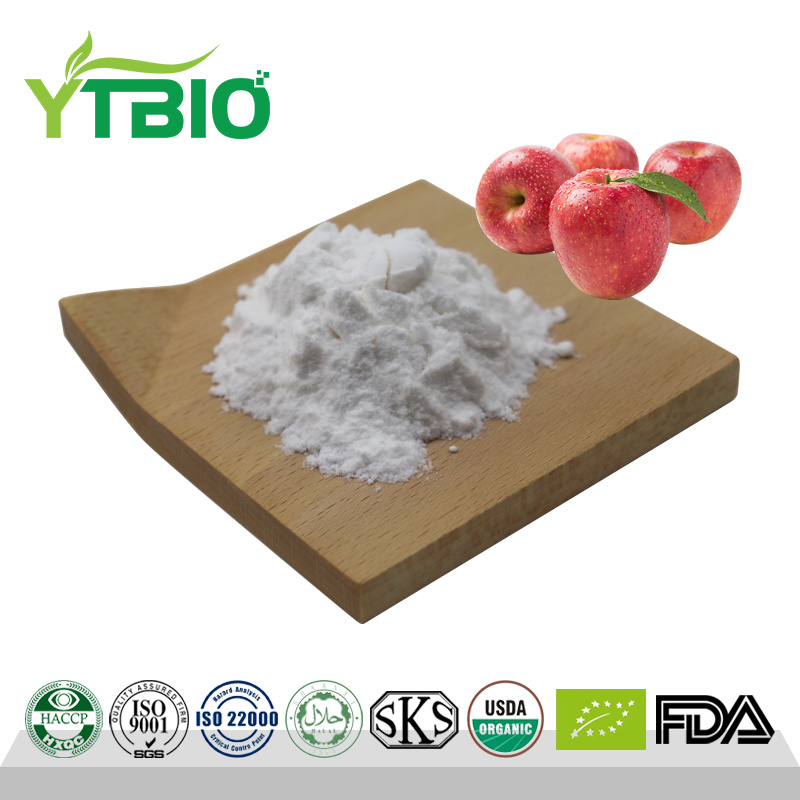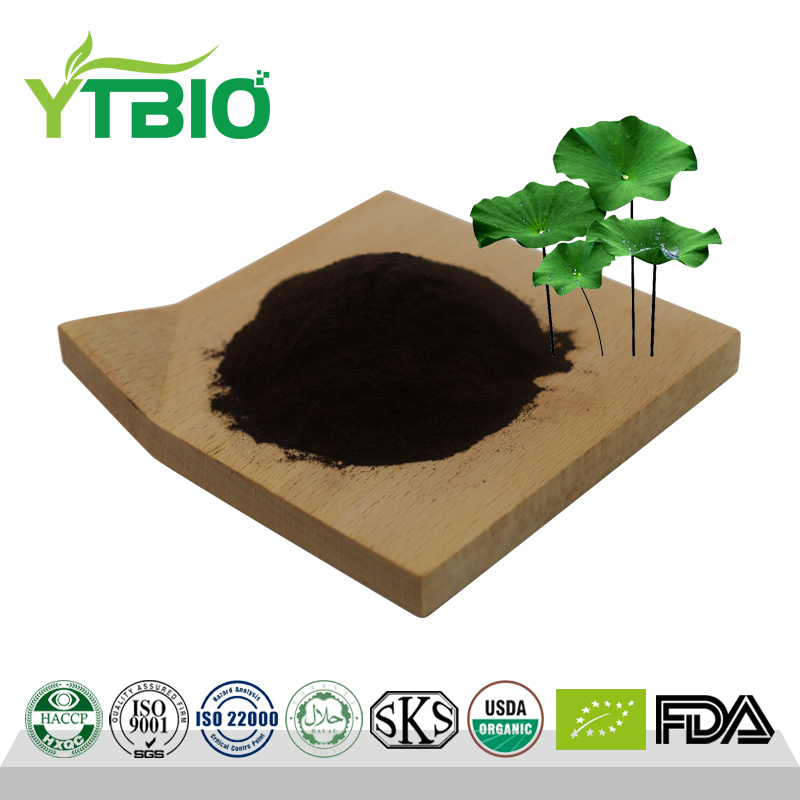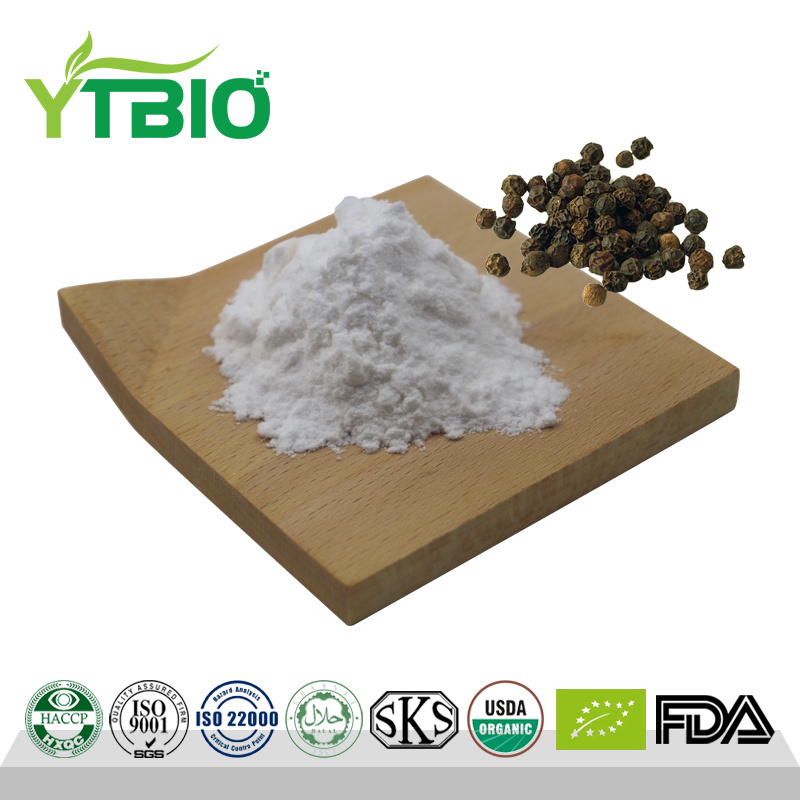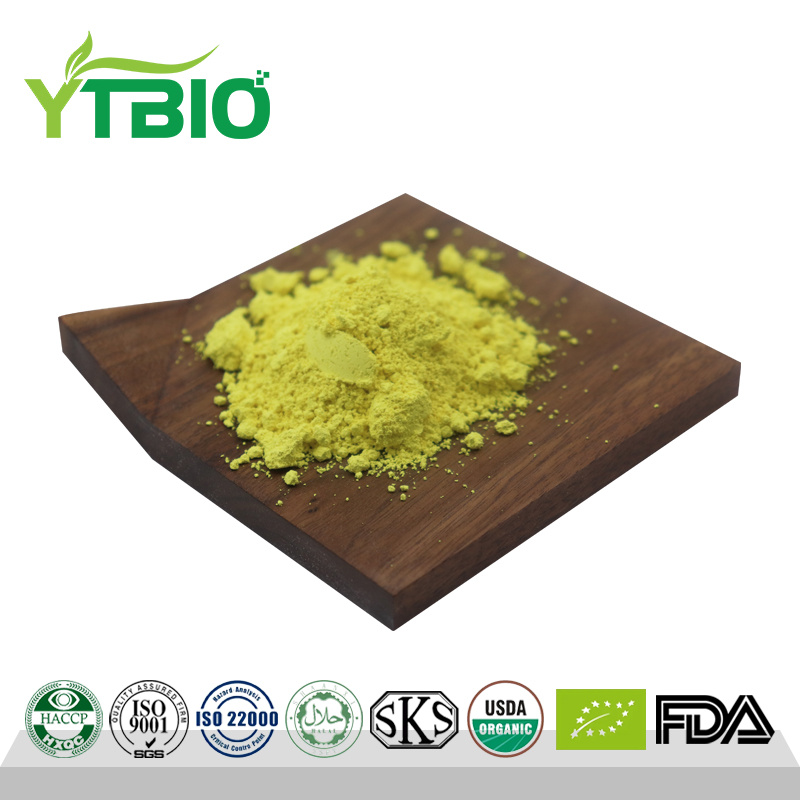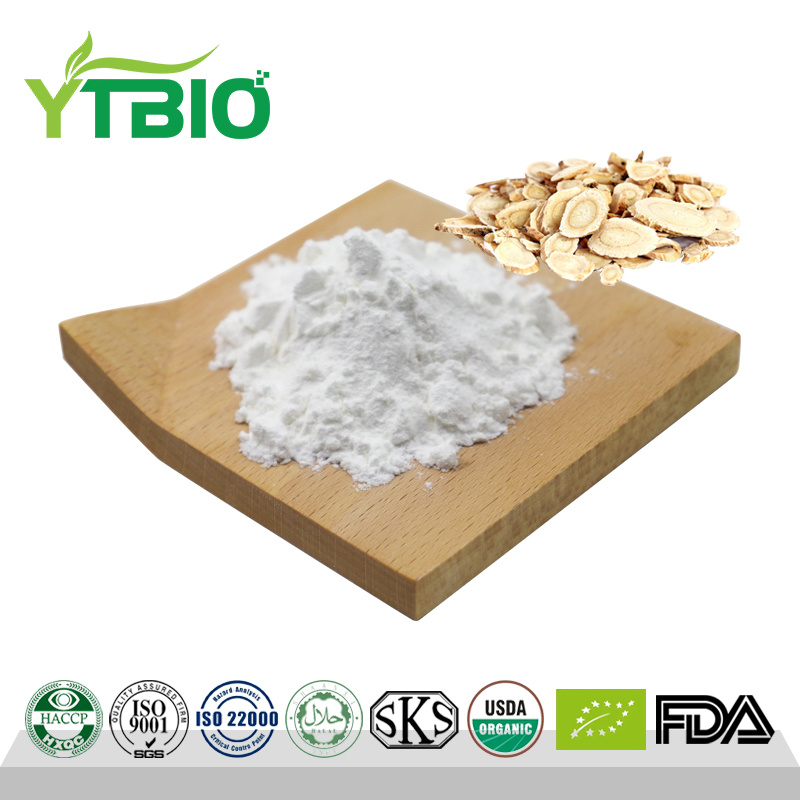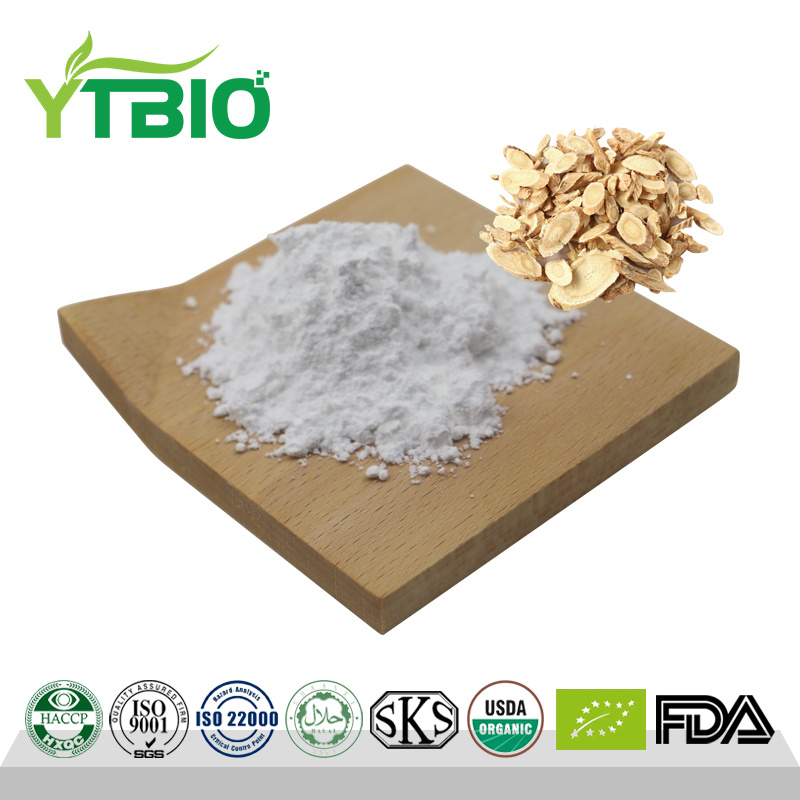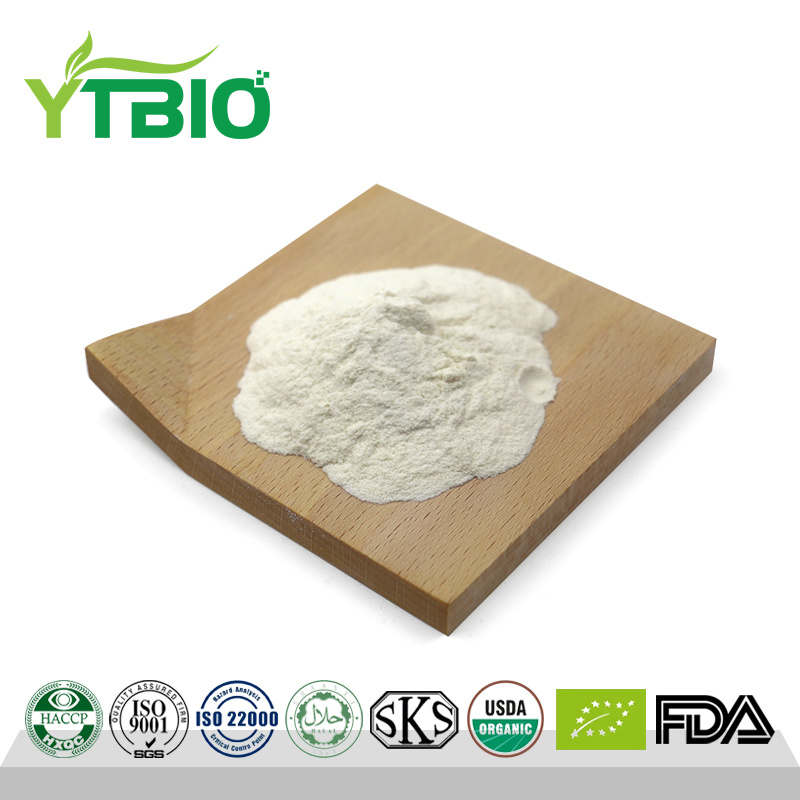98% Choline Chloride Powder Manufacturer
What is Choline Chloride?
Choline chloride, also known as vitamin B4, was first developed in 1964 by the Agricultural Technology Research Institute of the Japanese Ministry of Agriculture, Forestry, and Fisheries. Initially, it was mainly used in animal feed, as it promoted egg production in laying hens, hence being called the "egg-increasing factor." In 1987, choline chloride was registered as a plant growth regulator and began to be used in crop production, particularly in Japan, where it was used as a rooting agent for sweet potatoes and a tuber enlarging agent, and was widely applied in fruit tree crops. In the 1990s, choline chloride entered the Chinese market.
Choline chloride is a salt composed of the choline cation (CA+) and chloride anion (Cl-), rather than true choline (which is an organic base consisting of a choline cation and a hydroxyl group). 1.15 grams of choline chloride is equivalent to 1 gram of choline. Currently, choline chloride available on the market is mainly divided into plant carrier type and silica carrier type. China is the world's leading producer of choline chloride, with an annual output of approximately 400,000 tons, accounting for more than 50% of global production capacity.
Choline chloride has a wide range of applications:
● Agricultural Field: Used as a plant growth regulator to promote root growth and tuber enlargement in crops.
● Feed Industry: Used as a choline supplement, widely applied in animal feed, especially to promote egg production in laying hens.
● Pharmaceutical Field: Used to maintain normal brain function and treat dementia; in skincare products, it is used as a moisturizer to help premenopausal women maintain mucous membrane moisture.
● Cosmetic Industry: Mainly used in rinse-off products such as body wash, facial cleansers, soaps, and products for treating hair loss.
The multifunctional properties of choline chloride make it of significant value in agriculture, feed, pharmaceuticals, and cosmetics.
Choline Chloride Used on Tuberous Crops
● Mechanism of Action: Choline chloride is a plant photosynthesis promoter. When applied to tuberous crops, it can increase the chlorophyll content in the leaves and enhance the activity of superoxide dismutase, thereby promoting photosynthesis. This results in the production of more nutrients that are transferred to the tuberous parts of the plant, causing the tubers to grow larger, ultimately leading to higher yields.
● Application Method: Use 10-20ml of 60% choline chloride aqueous solution per acre, diluted in 30kg of water, and spray onto the plant leaves. Apply every 10-15 days, with a total of 2-3 applications.
● Application Timing:
Sweet potatoes: Apply when tubers have just started to form or enter the expansion stage.
Yams, garlic, onions, and medicinal herbs: Apply during the early stages of tuber expansion.
Ginger: Apply during the three-pronged stage (three shoots).
Radishes: Apply during the 7-9 leaf stage.
Potatoes: Apply just as flowering begins.
Peanuts: Apply at the early flowering and peg-formation stage.



